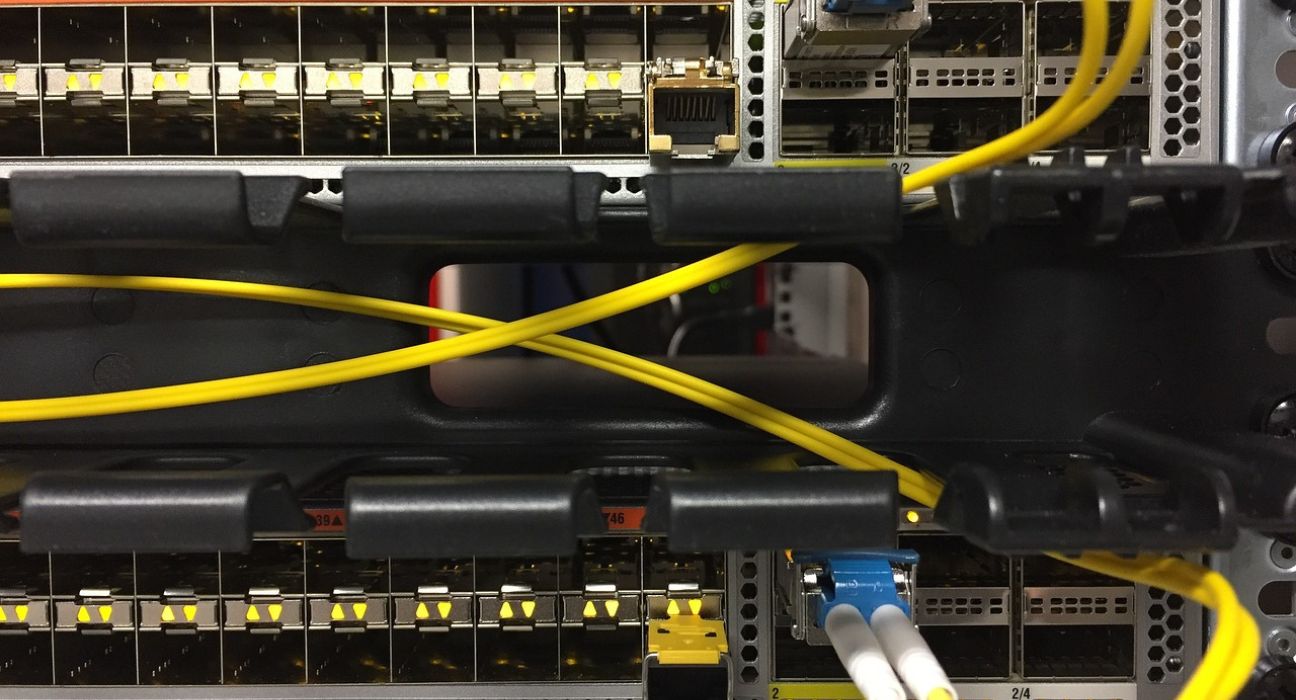Switching to an Open Source Router: A Game Changer
An Introduction to Open Source Routers
In today’s digital age, the concept of an open source network has become increasingly relevant. Open source routers stand apart from their proprietary counterparts by offering users access to the router’s underlying code. This accessibility fosters a higher level of customisation and control, appealing to both tech enthusiasts and network administrators. Open source routers empower users to tailor the software to their specific needs, providing a level of flexibility that is simply unattainable with traditional routers. Enhanced security measures are another significant draw, as the open nature of the software allows for quick identification and patching of vulnerabilities. With open source routers, the user community plays a crucial role in ongoing development and support, ensuring the technology remains cutting-edge and responsive to emerging trends. This introduction serves as a gateway to exploring the numerous benefits and possibilities that come with making the switch to an open source router.
Advantages of Open Source Routers
The appeal of open source routers lies in their unparalleled customisability. Users can modify the software to fit specific network requirements, whether it’s adjusting network protocols, setting up VPNs, or creating guest networks. This level of control is simply unattainable with traditional routers.
Enhanced security is another significant benefit. The open nature of the software means users can quickly identify and patch vulnerabilities, maintaining a robust defence against potential threats. Community contributions further bolster security by providing diverse perspectives and solutions.
Moreover, open source routers often offer advanced networking features that are either limited or unavailable in proprietary models. Features like Quality of Service (QoS) and load balancing are more readily accessible, allowing for efficient bandwidth management and improved network responsiveness. These capabilities are particularly advantageous for households or businesses with multiple connected devices, ensuring a smoother and more efficient online experience.
Enhanced Network Performance
Open source routers deliver advanced networking features that boost overall network efficiency. Quality of Service (QoS) allows users to manage bandwidth effectively, prioritising critical applications for a smoother experience. Load balancing distributes network traffic evenly, ensuring no single device or application overwhelms the system. These features enable the network to accommodate various demands seamlessly, enhancing responsiveness. Open source routers also offer better control over network traffic, making it easier to identify and mitigate bottlenecks. This adaptability ensures that all connected devices perform optimally, providing a robust and reliable network environment.
Cost-Effective Solutions
Open source routers offer a cost-effective alternative, particularly due to their flexibility in hardware choices. Users can often repurpose existing devices, sidestepping the need for costly new equipment. This repurposing allows for high-performance outcomes without a hefty price tag. Additionally, the elimination of licensing fees is a significant financial advantage. Proprietary routers frequently come with recurring costs for updates and support, but open source models leverage a community-driven approach that negates these expenses. This means users can access ongoing software improvements and support without the financial burden typically associated with proprietary solutions.
Community Support and Ongoing Development
The strength of open source routers lies in their vibrant community, which tirelessly works to refine and enhance the software. This collective effort results in regular updates and patches, ensuring the technology remains cutting-edge. Users gain from a collaborative environment where issues are resolved collectively, and innovative features are consistently introduced. The community-driven approach fosters an ecosystem of shared knowledge, where both novice and expert users can find support and guidance. Forums, discussion boards, and specialised online groups offer a wealth of resources, from troubleshooting tips to advanced configuration advice. The communal nature of open source development means that users are not solely reliant on a single manufacturer for support and updates. Instead, they benefit from a diverse range of perspectives and solutions, contributing to a more robust and adaptable networking experience.
Potential Challenges and Considerations
Switching to an open source router can present several challenges that users should be aware of. The initial setup may be intricate, demanding a certain level of technical proficiency in networking. For those not well-versed in such matters, configuring and customising the software might seem daunting.
Another issue to consider is hardware compatibility. Not all hardware is supported by open source software, necessitating careful research to ensure existing equipment will work seamlessly with the new system. Users might also face a learning curve when it comes to understanding and utilising the full range of features offered by open source routers.
In addition, ongoing maintenance and troubleshooting can require more hands-on involvement compared to proprietary routers. Unlike proprietary systems where customer support is readily available, open source solutions often rely on community forums and user-generated content for assistance. This can be a double-edged sword, offering diverse perspectives but sometimes lacking the immediacy and consistency of professional support.
Lastly, there is the potential for security risks if updates and patches are not applied promptly. While the open nature of the software allows for swift identification of vulnerabilities, it also places the onus on the user to remain vigilant and proactive in maintaining their network’s security.
Switching to an open source router offers unparalleled benefits, from customisability and enhanced security to improved performance and cost-effectiveness. The flexibility to tailor the software to specific needs allows for a highly personalised network experience, far surpassing the capabilities of proprietary routers. With the active involvement of a vibrant community, users benefit from continual updates, innovative features, and a wealth of shared knowledge. This collaborative environment ensures that the technology evolves in line with emerging trends, keeping users at the forefront of networking advancements.However, it is important to be aware of the potential challenges, such as the initial technical setup and ongoing maintenance requirements. Those willing to invest the time and effort will find that the rewards far outweigh the initial hurdles. My own journey with an open source router has been nothing short of transformative, revealing a new level of freedom and flexibility in network management. For those contemplating the switch, the advantages make a compelling case for embracing this revolutionary approach to networking.








Leave feedback about this